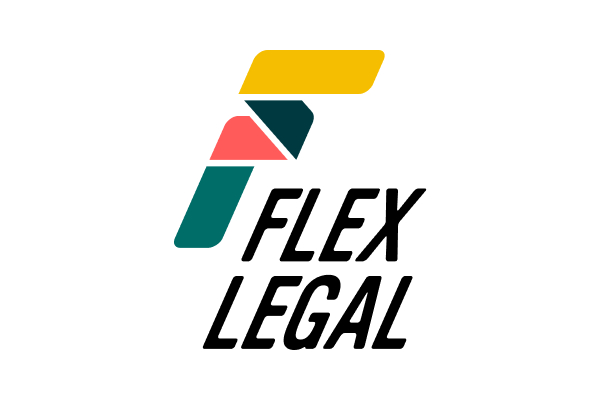
Flexibility is a currency in high demand, as shown by the success of a company that lets its lawyers choose when, where, on what projects, and for how long they work.
Not only that, it also provides its lawyers with opportunities to broaden their experience in a variety of legal areas and gets them high calibre work with top-notch clients.
The company is Flex Legal. It began in 2016 with the launch of a tech platform matching law students to paralegal work in law firms and in-house legal departments. In 2019, it expanded to also match qualified lawyers to flexible, interim work opportunities. In 2021, it launched Flex Trainee, an SQE (Solicitors Qualifying Exam) training scheme placing trainees with in-house teams at Diageo, Vodafone, The Crown Estate and a range of other organisations.
Today, it has more than 5,000 lawyers, paralegals, trainees and company secretaries on its books, and works with Magic Circle and large law firms as well as companies in a variety of industries and on public sector jobs such as public inquiries.
So, how does it work, what are the advantages and what type of work is on offer?
What’s involved?
‘Although I found my previous role interesting, I was conscious of becoming increasingly specialised in one area,’ says Tony, a commercial solicitor with more than four years’ PQE when he came to Flex Legal. ‘When I combined this feeling with the upheaval presented by the COVID pandemic, I felt that the time was right for a change and that there were opportunities available to broaden my experience. Interim lawyer work ended up ticking a lot of the boxes I was after at the time.’
He has since been placed at a global automotive company, two publishing companies, and a City law firm. The work has been challenging but enjoyable and he has ‘gained excellent legal and non-legal experience that I would not have been exposed to in my previous role’. His work has covered contract negotiation, drafting and review, data protection advice and intellectual property, as well as more general legal advice.
Claimant law firm Leigh Day, which specialises in large-scale class actions, approached Flex Legal for help scaling up its litigation paralegal teams in Manchester and Leeds two years ago. The work involved supporting document drafting and client liaison through interviews and instruction-taking—plum roles for law graduates who landed their first legal industry job at a top 100 firm working on high-profile litigation. One of the paralegals says his experience with Flex Legal has been ‘really fruitful and beneficial… From signing up to the platform to waiting for roles, the process has been fast and transparent’.
The logistics
Opportunities can be fast-moving—Flex Legal says it can have a candidate shortlist ready in 24 hours. Once signed up and vetted, lawyers and paralegals are presented with suitable roles which they can accept or reject. The company offers clients expert guidance on the best candidates for their specific work needs. For legal professionals, the advantages are more control and autonomy, a better work-life balance and a wider variety of opportunities.
Committed to social mobility
Flex Legal is committed to social mobility and to helping future lawyers gain experience of value to their career. One example of this is its commercial development scheme, whereby future lawyers with or without training contracts can boost their commercial skills by working as a Flex Associate—coordinating new client requests, negotiating legal documents and meeting new paralegals.
Pooled experience
Mary Bonsor, Founder of Flex Legal, came up with the idea for the company when sitting at her desk and looking out the window. She was then working as a Commercial Property Litigation Solicitor at Winckworth Sherwood, and had 40 bundles to make for an imminent court deadline. On the street outside, a group of Kaplan law students were milling around, ‘exactly where I had been a few years ago’.
‘I knew from experience that those students would have jumped at the chance to get legal work experience, and I knew associates like myself were desperate for their help. Suddenly, the idea for Flex Legal was born.’
Shortly after, Bonsor met Co-Founder and CTO James Moore, a software developer. They pooled their experience to create a tech platform that connected law students to law firms and in-house teams.
It seems their entrepreneurship has paid dividends, not only for them but for their lawyers, paralegals and clients.










